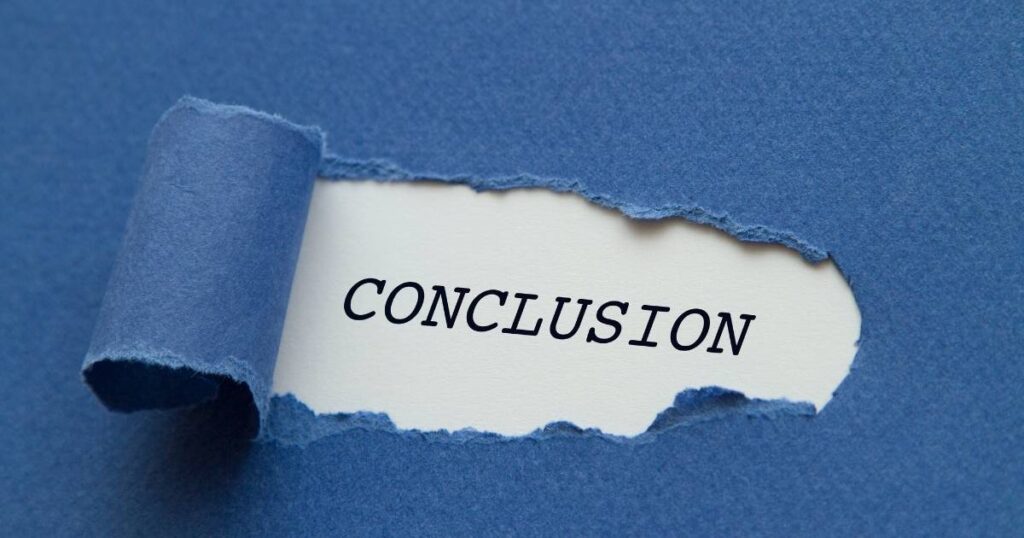Table of Contents
Poker, my friends, isn’t just about the cards—it’s about the mind games. It’s about delving into the psychological battlefield that is the table. And guess what? You don’t have to be an experienced player to perform these Jedi-level maneuvers. With the help of this blog, MGK88 Gaming is going to lift the veil on the world of poker mind games and show you how to become a Jedi even if you’re just getting started.
The Foundation of Poker Mind Games
Alright, let’s start with the basics. Poker is like a mixtape of strategy, math, and psychology. But today, we’re cranking up the psychology dial. It’s about realizing you’re not just playing cards; you’re playing people, my friend.
To get anywhere with mind games, you’ve got to grasp the psychological aspect. Know that your opponents have feelings, habits, and secrets that can be your ticket to victory.
Mastering the Art of Bluffing
Now, let’s talk about the granddaddy of mind games—bluffing. It’s like that card trick you pull at a party, but way cooler. Bluffing is about making your opponents believe something about your hand that isn’t true. It’s like a Jedi mind trick.
But, hold your horses; timing is everything here. Recognize when to act, and don’t give away your intentions. You can win the day with a strategically placed bluff, my friend.
The Power of Observation and Reading Opponents

In the poker arena, information is gold, and your opponents are the treasure chests. It’s time to sharpen your Sherlock skills. Observe their every move, their quirks, and their faces.
Watch for their betting patterns, their reactions to the cards, and those little signs that give them away. It’s not about reading minds; it’s about reading the room.
Psychological Warfare and Table Image
Now, let’s talk about getting sneaky. Poker is like a battlefield where you’re not just fighting with cards but also with minds. It’s like being a puppeteer, pulling the strings without anyone knowing.
Your “table image” is your secret weapon. Craft it carefully. Make your opponents think you’re tight when you’re loose or vice versa. Keep them guessing.
Elevating Your Game with Advanced Mind Games and the Right Mindset
Welcome to the Jedi training ground, where we delve into advanced mind games and the essential poker mindset. This is where you truly become a poker master.
Embracing Advanced Mind Games
Let’s venture into the realm of advanced mind games. Here, we’re not just talking about basic tactics; we’re unlocking the Jedi-level stuff. Picture yourself using reverse psychology—making your opponents dance to your tune by subtly suggesting the opposite of what you want them to do. This isn’t just poker; it’s psychological chess.
Level thinking is another skill you’ll want to hone. It’s about understanding what your opponents think you’re thinking, a multi-layered strategy that keeps you steps ahead of your rivals. These advanced mind games separate the amateurs from the pros.
Cultivating the Right Poker Mindset
Your poker mindset is your lightsaber, your shield, and your compass. It helps you remain cool, collected, and in command during intense combat. It is not negotiable to maintain the proper mental condition.
Stay cool under pressure, and don’t let frustration cloud your judgment. Think of it as staying calm while the Death Star’s laser targets your ship. Discipline yourself to make rational decisions even when emotions run high. Your poker mindset is your most precious asset, and it’s the cornerstone of your journey to becoming a poker Jedi.
The Art of Timing and Patience
Timing is the secret sauce in poker. It’s like knowing exactly when to jump into the fray. Patience is your sidekick, reminding you that sometimes you’ve got to wait for the stars to align.
Don’t rush into every hand like a bull in a china shop. Be patient, and seize the right moments like a true Jedi. Your moves should have purpose, and your opponents should be none the wiser.
Real-Life Jedi-Level Poker Stories
Now, let’s talk about some real-life poker heroes who went from amateurs to Jedi masters. These folks were wizards at mind games, and their stories are nothing short of inspiring.
Take John “The Mind-Reader” Smith, for instance. He could practically see through opponents’ cards with his Jedi-like reading skills. Or Sarah “The Ice Queen” Adams, who could freeze opponents with her emotional control. These tales show that anyone can become a poker Jedi with practice and a bit of strategy.
Mind Games Beyond the Table
Hold on to your hats, because these skills aren’t just for the poker table. They’re like Swiss Army knives for life. Your superpowers are enhanced decision-making, enhanced analytical abilities, and emotional control.
As you walk the path to poker mastery, remember that it’s not just about stacking chips; it’s about mastering the psychology of the game. Use these skills beyond the felt and watch your life transform.
Conclusion

Becoming a Jedi of poker mind games is a journey worth taking. With practice and a deep dive into psychology, you can turn the tables on your opponents. Remember, it’s about mastering the mind games, not just the cards. So, channel your inner Jedi, keep your emotions in check, and may the odds forever be in your favor.
Frequently Asked Question:
1: What are poker mind games, and why are they important for amateur players?
Answer: Mind games are psychological strategies used to influence opponents’ decisions and gain an edge at the table. They are crucial for amateurs as they level the playing field and enhance overall gameplay.
2: Can beginners really master Jedi-level tactics in mind games?
Answer: Absolutely! While it takes practice and learning, beginners can gradually improve their poker mind game skills and become more proficient over time.
3: How do I develop a strong foundation in psychology as a beginner?
Answer: Start by understanding the psychological aspects of poker, such as reading opponents and recognizing behavioral patterns. Practice and observation are key.
4: What’s the key to successful bluffing in poker mind games?
Answer: Successful bluffing requires good timing, a consistent betting pattern, and the ability to make your bluffs believable. Balancing your bluffs is also important.
5: Are there any real-life examples of amateur players who became experts in poker mind games?
Answer: Yes, there are stories of amateur players who achieved remarkable success through their mastery of psychology. These stories are highlighted in the blog post.
6: How can I apply the principles of poker mind games in everyday life?
Answer: The skills learned in mind games, such as better decision-making and emotional control, can be applied to various aspects of life, including work and relationships.
7: Can you recommend any additional resources for further improving poker mind game skills?
Answer: The blog post itself offers valuable insights, but you can also explore books, articles, and videos on poker psychology and strategy.
8: What’s the best way to maintain emotional control during intense sessions?
Answer: Maintaining emotional control involves self-awareness and discipline. Breathing exercises, mindfulness techniques, and staying focused on the game can help.
9: Are there any common mistakes beginners make in poker mind games?
Answer: One common mistake is overusing bluffs. Beginners might also misinterpret opponents’ behavior or fail to adapt their strategies effectively.
10: Is there a specific order in which I should practice these mind game tactics as a beginner?
Answer: It’s advisable to start with building a strong foundation in psychology, then move on to mastering bluffing and observation. As you gain experience, you can explore more advanced tactics.
